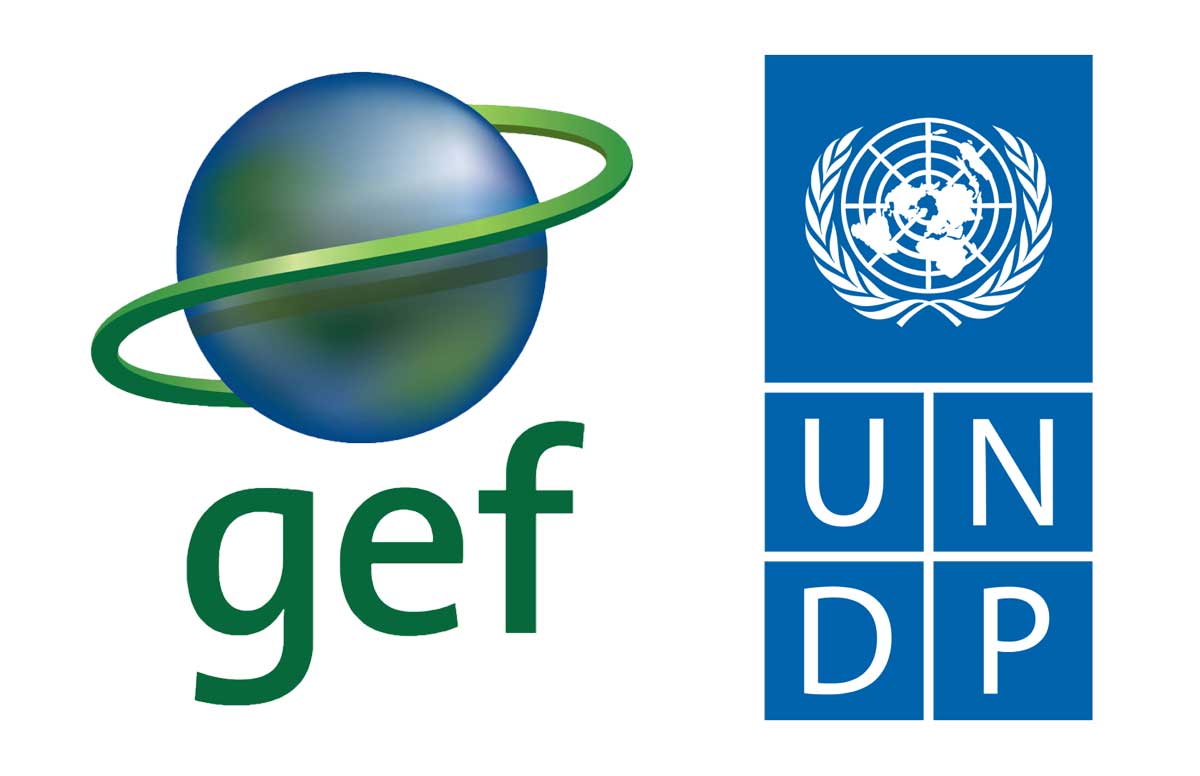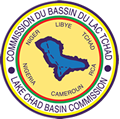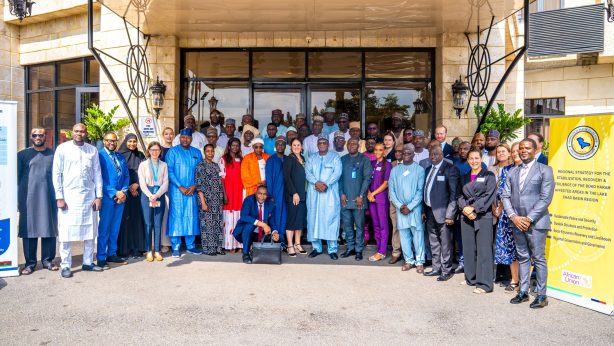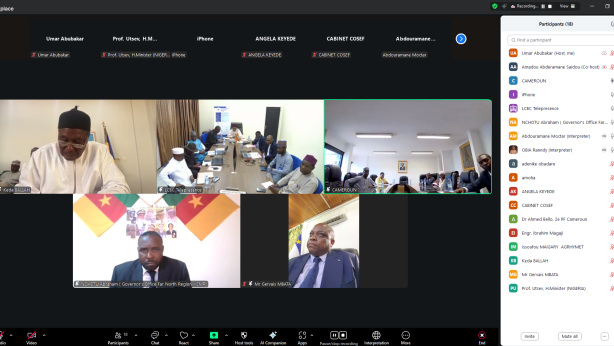Official launching of the Project, LCBC – GEF – UNDP Project

On Monday, 11 November 2019, the Project: “Improving the Management of the Lake Chad Basin by implementing the Strategic Action Programme (SAP) to strengthen climate change resilience and reduce stress on the ecosystems” was launched at the conference room of the Ledger Plaza Hotel, in N’Djamena. This launching ceremony was coupled with its maiden Steering Committee Meeting. The implementing agency of the Project is LCBC with technical support of the United Nations Development Programme (UNDP) and financial support from the Global Environment Facility (GEF). The ceremony was attended by LCBC member states, local communities of the Lake Chad Basin, NGOs and Technical and Financial Partners (TFPs).
This project is launched after the just ended Project: “Reversal of Land and Water Degradation Trends in the Lake Chad Basin Ecosystem”, also supported by UNDP-GEF. It aims to enable LCBC and its member states to achieve integrated management of Lake Chad’s resources by strengthening resilience to climate change. This management will be based on the Lake Chad Basin ecosystem through the implementation of agreed policies, legal and institutional reforms, the development of management tools, investments and pilot actions to improve water quality and quantity, biodiversity protection and livelihood support.
Consequently, it will develop a more coordinated management, based on Integrated Water Resources Management (IWRM), at both national and regional levels, with emphasis on the expanded role of all stakeholders, in a participatory manner. In a replicable way, the project will illustrate integrated strategies for water ecosystem management. The illustrations will focus on the development of inter-sectoral management approaches that will address requirements for institutional realignment and appropriate infrastructure, the adoption of new modalities for sectoral participation, the strengthening of regional capacities for sustainable basin management, the links between the underlying economic causes of environmental degradation and the general need for sustainability.
In his welcome address, the Executive Secretary of LCBC, Ambassador Mamman Nuhu, commended the relevance and multi-sectoral approach of this complex but structuring and innovative project. “I am convinced that this spirit of partnership will facilitate the implementation of the Project and optimise its impact on the sustainability of the Lake Chad Basin”, he said. He insisted on the commitment of the Commission to ensure the steering of this project, which was designed in the spirit of the SAP and Vision 2025 of the LCBC. It is a relevant unifying framework to ensure consistency and better coordination of the multitude of investments in this living environment and to improve the effectiveness of interventions and restore strong leadership to LCBC in the coordination and strategic steering of natural resource management.
For his part, the UNDP Deputy Resident Representative, Mr Stephen Kimloch Pichat, particularly welcomed the approach that had led to the preparation of this project. According to Mr Pichat, no effort is too much to improve the level of Lake Chad, this “hydrological miracle”, this “oasis nestled in the heart of the Sahara” and breadbasket for 47 million people whose livelihoods depend on the lake and its related resources.
Chairing the solemn launching ceremony, the Chadian Minister of Environment, Water and Fisheries, First Commissioner of Chad to LCBC, focused on the many challenges facing the Lake Chad Basin, including “the accelerated degradation of its ecosystems, in particular water resources, which have declined sharply in volume and area by about 90%”. According to Mr Brahim Mahamat Djamaladine, it goes without saying that the implementation of the various components of this project will enable member states and local communities to reverse the degradation of the lake’s resources and strengthen the resilience of ecosystems and populations to the effects of climate change.
The four-year project will focus on local communities, mainly breeders, farmers, fishermen, associations of wholesalers, women’s associations involved in market gardening and crafts, traditional hunters and loggers, users of non-timber forest products, and more recently, sand miners, who all derive their livelihood and income directly from the Lake Chad Basin. The number of users of the lake and its resources have increased considerably in recent years, particularly due to food crises, natural disasters and security problems resulting from the attacks of the terrorist group, Boko Haram. In addition to focusing on resilience to climate change, this project, which draws not only on lessons learned from other similar GEF regional projects on International Waters, will establish action synergies with other LCBC regional and national projects, programmes and activities and record lessons learned from the previous UNDP-LCBC/GEF project.


